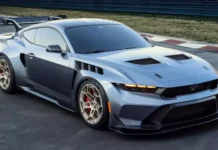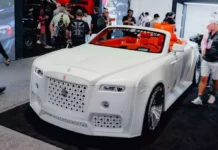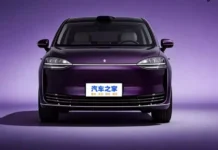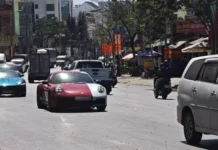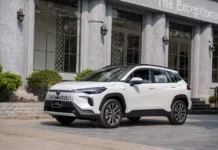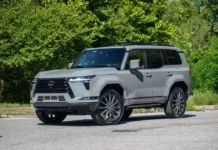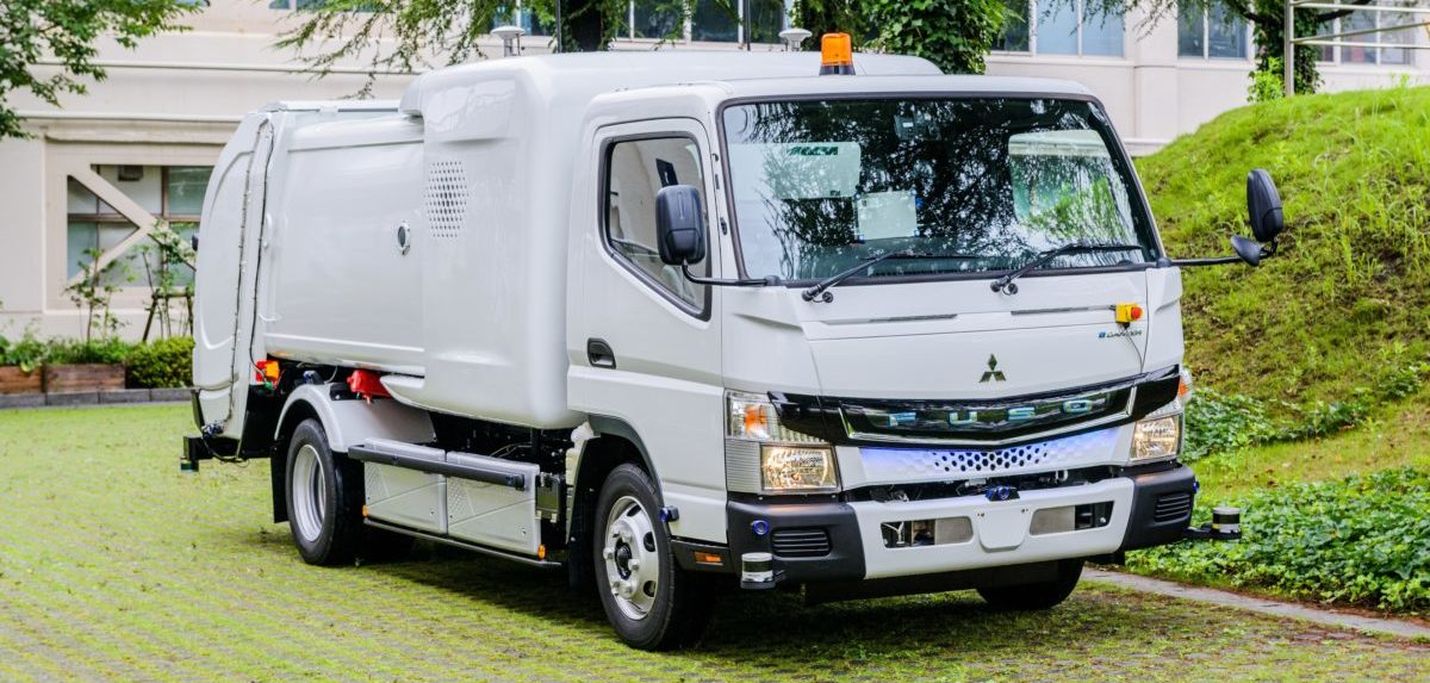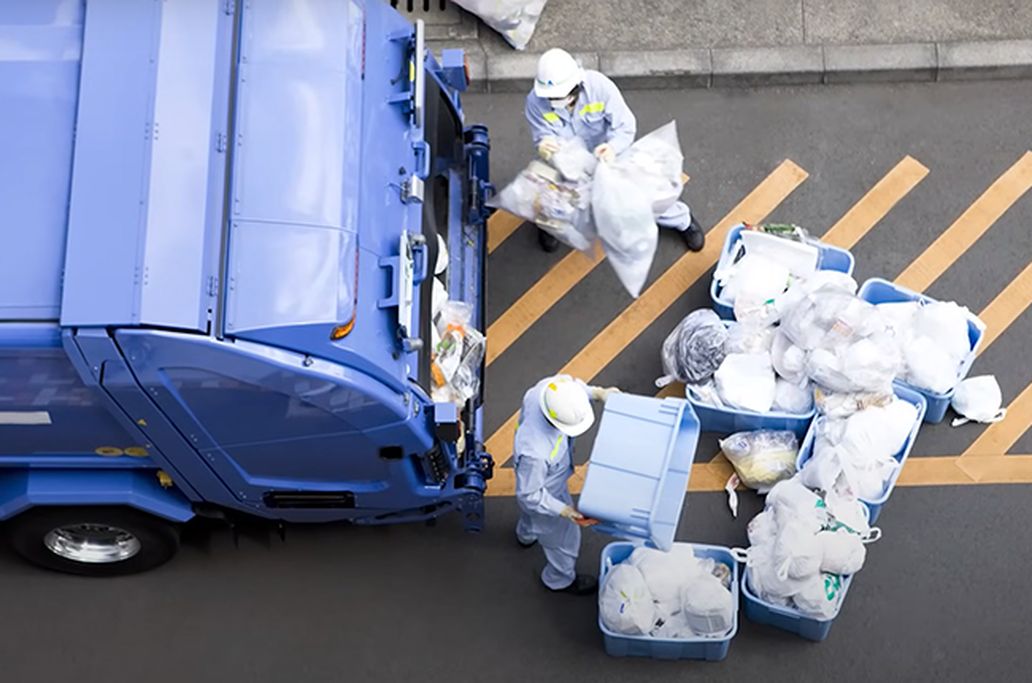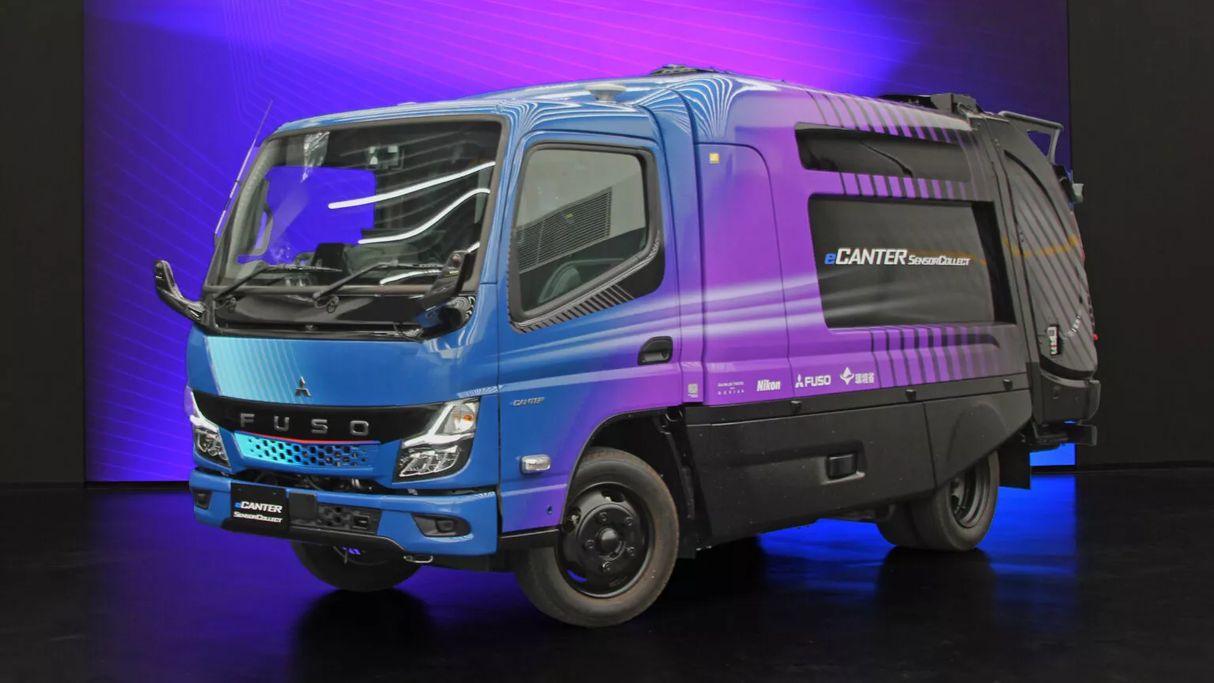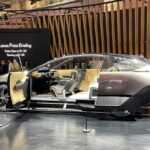Mitsubishi Fuso Unveils the eCanter Sensor Collect: An All-Electric, Level 2 Autonomous Refuse Truck
Autonomous technology may have its pros and cons, but it still has practical applications that make the lives of workers easier. A great example is the Mitsubishi Fuso eCanter Sensor Collect, an all-electric, highly advanced refuse truck concept that can follow its driver between refuse collection points and can also be operated remotely.
This concept truck was tested in the city of Kawasaki, Japan. The Mitsubishi Fuso Truck and Bus Corporation released a video of the refuse truck’s test run, which took place in November 2023 in collaboration with the local Environmental Ministry. The refuse truck smoothly handled all sorts of unexpected situations set up by experts while staying close to the walking driver in front and being aware of its surroundings.
The Mitsubishi Fuso eCanter Sensor Collect is equipped with Level 2 ADAS, a technology that is common in most new vehicles on the market today. Although enthusiasts were expecting a higher level of autonomy, this system is still good enough for the low-speed operation of refuse trucks, following a predetermined collection route.
This refuse truck is fitted with multiple sensors at the front and rear, acting as mirrors. When the driver leaves the seat and starts walking, the truck locks onto the driver as a target and slowly follows them. The truck can also stop at desired collection points or places indicated by the operator. This significantly reduces the workload as refuse collectors don’t have to constantly get in and out of the truck.
During remote operation, cameras detect obstacles and other road users. For example, when a pedestrian walks in front of the moving refuse truck, the system will automatically brake to avoid a collision. Similarly, if there is another vehicle parked along the route, the refuse truck will maneuver to avoid it and continue following the driver.
Another interesting feature is the waste information-sharing system that detects the weight and volume of the waste loaded onto the truck, as well as the number of collections made. This information is shared online with central facilities, increasing efficiency.
The program, carried out by the Japan Environmental Sanitation Center (JESC), aims to reduce CO2 emissions from refuse collection operations while increasing work efficiency. Mitsubishi Fuso will continue demonstrations throughout 2024, contributing to the development of the next-generation EV trucks.
Mitsubishi Fuso manufactured the first eCanter Sensor Collect concept in 2020. It is based on the production version of the eCanter, featuring lithium-ion batteries and a total vehicle weight of 6.4 tons (12,800 pounds)
TT (Tuoitrethudo)
Reference: Carscoops



